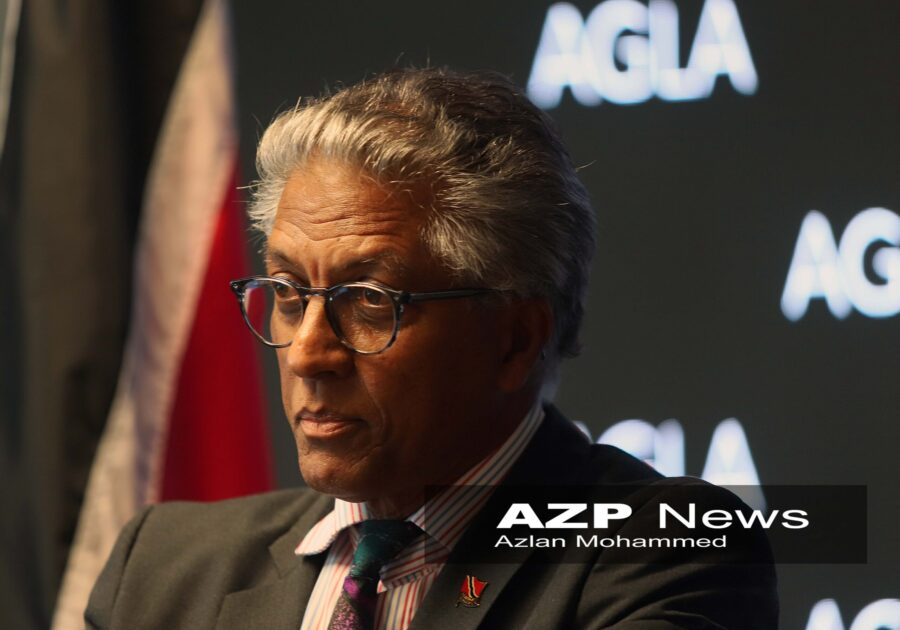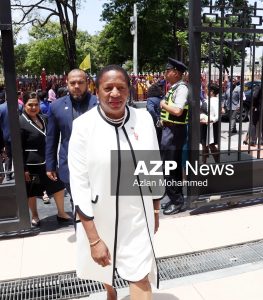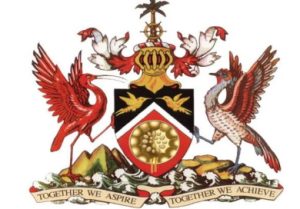By Sue-Ann Wayow and Prior Beharry
THE Judicial Committee of the Privy Council has agreed with the Court of Appeal that there is no prohibition in law to granting bail in murder cases in Trinidad and Tobago.
In a landmark ruling on Thursday, the Law Lords agreed with the Appeal Court’s February ruling that Section 5(1) of the Bail Act of 1994 that previously precluded judicial officers from considering bail for murder acused was unconstitutional.
The Appeal Court had dismissed a High Court judgment in a case brought by murder accused Akili Charles.
The Privy Council ruled: “The Board agrees with the Court of Appeal that there was no prohibition on the grant of bail in murder cases pre or post-committal either under the common law or under the applicable legislation. The Attorney General’s appeal on the existing law issue accordingly fails.”
The hearings were held on June 9 and 8.
Charles’ matter was heard before a panel of Privy Councillors including Lord Hodge, Lord Kitchin, Lord Hamblen, Lord Burrows and Lord Stephens.
The judgment written by Lord Hamblen stated, “If the Attorney General succeeds in the appeal on either of these issues the respondent raises a further ground of challenge to the constitutionality of the Bail provision, namely that it usurps a core judicial function and is not consistent with the separation of powers guaranteed by Section 1 of the Constitution under which the Republic of Trinidad and Tobago ‘shall be a sovereign democratic state’.”

Lord Hamblen wrote that several provisions were considered in the granting or not granting of bail including the nature and seriousness of the offence and the defendant’s record with respect to the fulfillment of his obligations under previous grants of bail in criminal proceedings.
The Board noted the crime situation and the granting of bail to persons who may have the potential to repeat criminal activity and stated that the State’s stand was sufficiently important to justify the limitation of a fundamental right and in particular the right to liberty.
The judgment stated, “A fundamental objection to a blanket prohibition of bail is that it treats all persons charged with murder indiscriminately and denies the possibility of bail whatever the circumstances and however compelling the case for bail may be. As such it operates in an arbitrary and potentially unfair and unjust way.”
Lawyers representing the Attorney General were Peter Knox QC, Fyard Hosein SC, Daniel Goldblatt, instructed by Charles Russell Speechlys.
Anand Ramlogan, SC, Peter Carter, QC, Pippa Woodrow, Adam Riley, instructed by Ganesh Saroop represented Chambers.
And in a release issued soon after the Privy Council ruling, the Office of the Attorney General and Ministry of Legal Affairs (AGLA) noted that the ruling was a significant one regarding bail for persons charged before the courts with serious offences.
The release stated, “The ruling provides a judicial determination of the discretion of our Courts to the grant of bail for this country’s most grievous offence of murder. It upheld and agreed with our local Court of Appeal’s recent decision that persons accused of murder are entitled to apply for bail; in so doing the Privy Council has endorsed the judgment of the Court of Appeal of Trinidad and Tobago previously delivered on the 17th February 2022, has quoted significantly from the Court of Appeal judgment and accepted the correctness of Court of Appeal’s orders in granting relief.”
The AGLA stated that Attorney General Reginald Armour during the Senate debate of the Bail Amendment Act on July 6th 2022, had signaled his intention to approach the Cabinet and Parliament in the near future with comprehensive legislative bail reform.
It stated, “Bail systems and laws secure not only the attendance of accused persons to their matters before the courts but also simultaneously, work alongside, other crime fighting initiatives to, among other things, secure the safety of individual witnesses, the community and society as a whole from the threat of dangerous persons and repeat
offenders.”
The release stated that a comprehensive system of bail reform was under consideration by the AGLA, with focus “to encompass legislation that will secure the rights of all citizens of Trinidad and Tobago and, to take into account the views of key stakeholders and experts, including criminologists, in order to ensure properly drafted legislation formed from the foundation of a socio-psychological and criminological basis.
The release stated that while the Privy Council ruling did not accept as lawful a blanket denial of bail for the offence of murder, but that legislation could be implemented to impose conditions on the exercise of the court’s discretion to grant bail.
He said, “This is in fact the approach taken by this Government when it recently sought to extend Act 17 of 2019 which provides for the denial of bail in certain specified instances whilst maintaining the Court’s discretion to grant bail in ‘exceptional circumstances’.”
Background
Charles was charged, jointly with five others, for the murder of Russell Antoine on December,5 2010.
He was kept on remand in custody at the Royal Jail in Port of Spain pending trial.
His preliminary inquiry began on January 16, 2012 before the-then Chief Magistrate, Marcia Ayers-Caesar. That inquiry continued for five years before it halted, part-heard, on April 3, 2017 when the Ayers-Caesar was elevated to the High Court bench as a puisne judge.
Then, Acting Chief Magistrate, Maria Busby Earle, decided that Charles preliminary inquiry should be heard de novo.

On 17 October 2017, Charles challenged this decision by way of a claim for judicial review and constitutional relief. The claim was ultimately dismissed by Gobin J on January 4, 2019.
The second preliminary inquiry began shortly before Busby Earle but was discharged on May 21, 2019, the magistrate having determined that the evidence relied on by the State did not give rise to a case to answer.
Charles was released, having been on remand in custody for nearly 8 ½ years.
![]()












